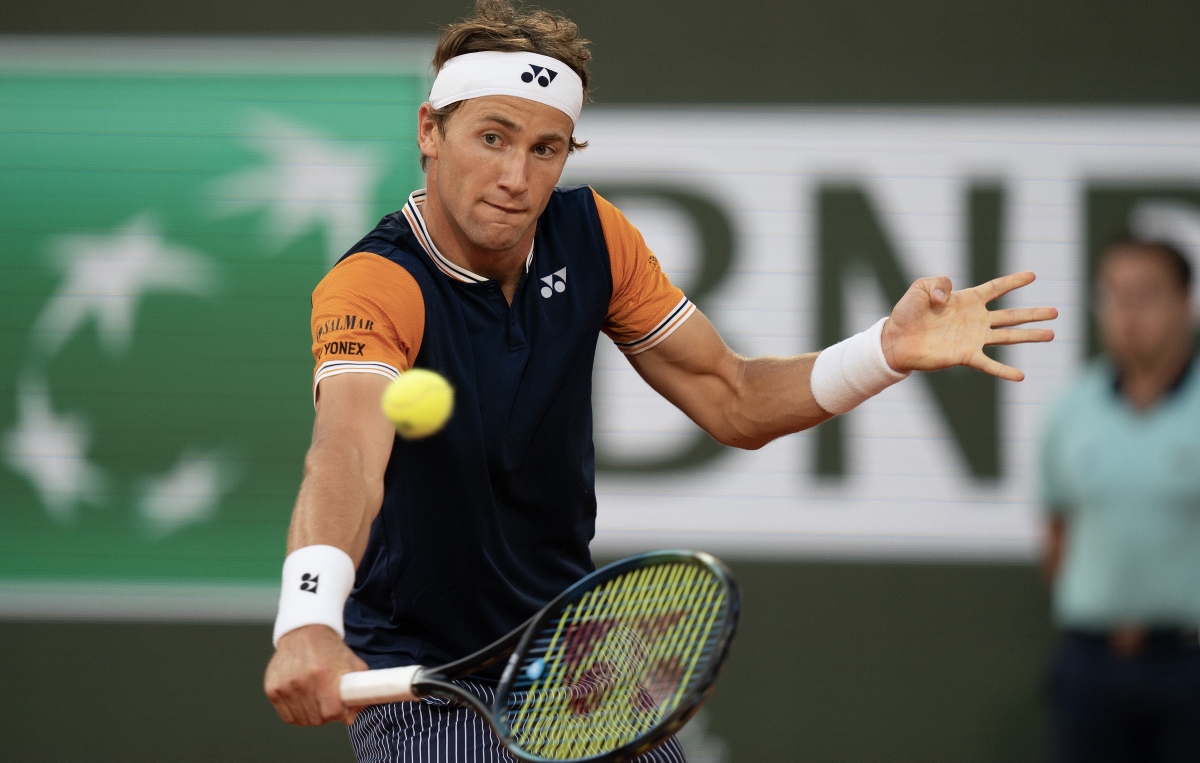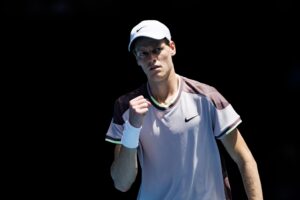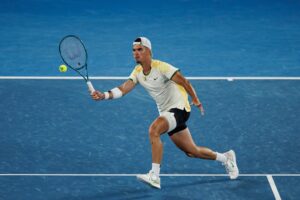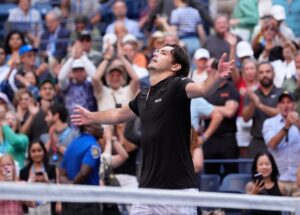“I think grass is for golf players.”
These were Casper Ruud’s words slightly over a year ago. Although it may have been slightly tongue in cheek, it illustrated his lack of confidence playing on the surface for Wimbledon. Just a few weeks ago after his French Open final loss to Novak Djokovic, Ruud reiterated that he isn’t comfortable on grass, although he did at least describe it as “fun” to play on.
Ruud’s past results on the surface breed no more confidence than his comments in the media. Ruud has won just 3 of his 8 matches on grass. His second round appearance at last year’s Wimbledon was the first time he’d won a match at SW19. In addition Ruud elected not to play any of the ATP events leading up to Wimbledon. An appearance at this week’s exhibition event in Hurlingham will represent his only match practice on grass. A player who by his own admission struggles on a surface having so little practice before the tournament could on paper have dire consequences.
Why does Casper Ruud struggle on grass?
Three factors can be identified:
1) Ruud’s movement style, which is so perfectly suited to clay courts is far less effective, and he has struggled to make necessary adjustments. Excellent movement to be in the optimal position to unleash his heavy groundstrokes is a bedrock of the Norwegian’s game on hard and clay courts. On grass he is left more exposed.
2) Ruud’s preference for returning very deep in the court is least suited to grass. This is due to the ball skidding through at a low height, and also leaving an opportunity to serve and volley, something seen on grass more than any other surface.
3) Ruud has long winding groundstrokes that lead to him being rushed on grass more than any other surface.
Is there any hope for Ruud fans to cling onto? A positive is that Ruud has continued to improve his serve, winning more and more free points with his first delivery. This should help him on grass more than any other surface. The three-time Grand Slam finalist is also capable at the net, regularly finishing points off in the forecourt at Roland-Garros.
In addition the lack of pressure may be welcome for Ruud. Some tension was building on him after an average year by his high standards until his run at Roland-Garros. Expectations will be lower for Ruud on grass. The Norwegian may find this liberating, and it could help him play with freedom.
Finally the draw has been relatively friendly to Ruud on paper. He begins against qualifier Laurent Lokoli, who is yet to win an ATP match, and in his second round he would face British wildcard Liam Broady or Constant Lestienne, who has never won an ATP match on grass. He could potentially face Denis Shapovalov in the third round, a man with a wimbledon semi-final to his name, but who has looked out of sorts throughout 2023.
A very deep run would be unexpected, but with the right belief and application, he is capable of improving on last year’s second round showing.
Main Photo Credit: Susan Mullane-USA TODAY Sports






